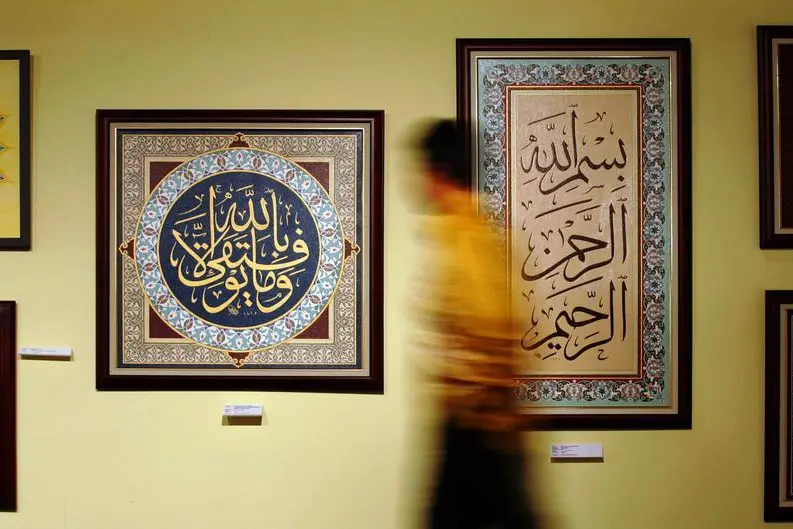PHOTO
By Layan Damanhouri
JAKARTA – A tourist in various parts of Java province as well as other parts of Indonesia will find prayer facilities and ablution sinks in all public places. A Quran and the qibla direction are found in all hotels. Restaurants and markets are labeled halal.
“As a Muslim country, we used to take these things for granted,” said Nia Niscaya, director of international tourism promotion at the Ministry of Tourism. “Many countries realize that having everything halal is a good opportunity. Since two years ago, we have a special task dedicated to developing halal tourism and make the Muslim traveler comfortable.”
Indonesia’s competitiveness index soared from 50th rank in 2015 to 42nd in 2017, according to the World Economic Forum’s Travel & Tourism Competitiveness Index (TTCI).
The number of Middle Eastern travelers to Indonesia reached 214,000 last year. This year, it is estimated to reach 350,000. “Saudis make up 80% of tourists coming from the Middle East,” Ms. Niscaya said.
Apart from the popular reputation of Bali that continues to be awarded year on year and was named as the greatest destination on Earth this month by TripAdvisor, the country seeks to promote other destinations that are predominantly Muslim such as West Sumatra and Aceh to compete with neighboring Asian countries in halal tourism.
Halal tourism, or Muslim-friendly tourism, is intended to be family-oriented and offer accessibility to mosques and prayer areas, halal food, and Muslim-themed restrooms.
Tourism officials see it as an opportunity for a country with the largest Muslim population in the world. In one of its initiatives, the ministry seeks to have a certified standard in all restaurants. “We meet with the Majlis Ulema, or religious scholars committee, to make sure every business not only claims to be halal but also has a halal certificate,” Ms. Niscaya told Saudi Gazette.
The rebranding of Indonesia’s tourism to the slogan “Wonderful Indonesia” was implemented in 2011 in efforts to promote the country’s natural beauty, culture, hospitality, rich cuisine, and price competitiveness.
The islands’ hot springs as well as remedial and healing traditions attract tourists looking for wellness retreats.
Infrastructure still remains a challenge, however. Interministerial cooperation is done between the ministry of tourism and the ministry of public works to build infrastructure to make up for tourism not reaching the state’s top priority in budget allocation.
Accessibility is also an obstacle, Ms. Niscaya pointed out. “Those coming from the Middle East can find direct flights to Jakarta and Bali. In the future, we hope to have direct flights to other destinations in Indonesia.”
© The Saudi Gazette 2017





















